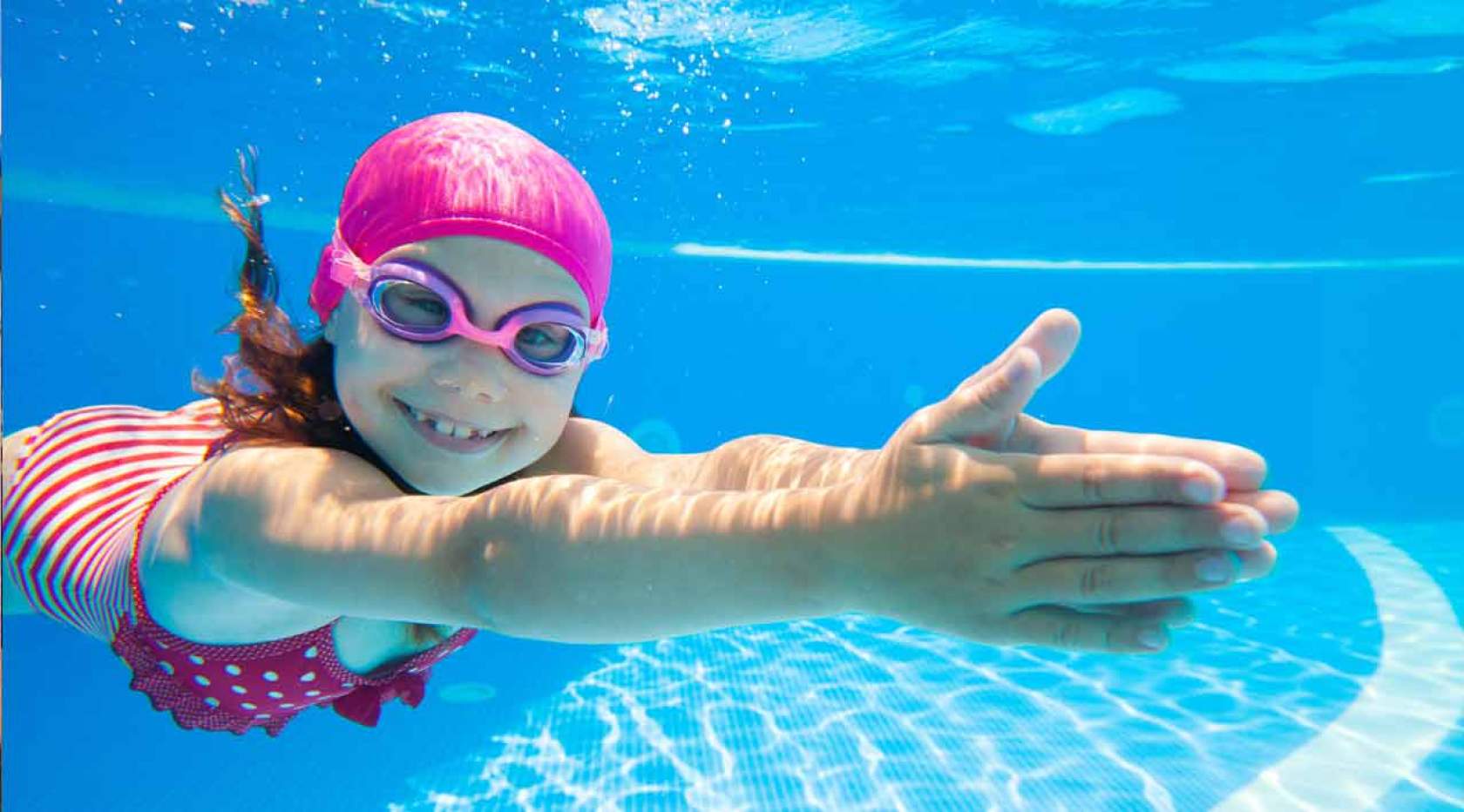Experts say pools help intellectual development – but make sure the water’s clean

Whether swimming a few solitary laps or playing pool games with siblings, experts say jumping in the pool each day is extremely beneficial for growing bodies and brains.
And as they tout the benefits of swimming for intellectual development, a retail franchise has warned that with more kids at home in pools during the lockdown, water quality has never been more important.
Samantha Daley, founder and CEO of children’s speech pathology and occupational therapy organisation Spot4Kids, says that water-based activities offer a range of essential physical and neurological benefits that can help children reach developmental milestones – especially when they are unable to participate in sporting activities and spending more time in front of screens while isolating.
“Swimming and hydrotherapy provide weightless resistance exercise that improves balance, bilateral coordination, motor planning, flexibility, postural control, muscle tone and core strength,” Daley says. “All of these set the foundation blocks for higher level learning and executive brain functions.”
With kids spending more time in front of screens while isolating and home schooling, Daley says that 15 to 20 minutes in the pool each day can have a positive impact on focus and learning in growing brains.
“Classic swimming strokes like freestyle, breaststroke and even dog paddle have a sequence of repetitive movements and this same sequencing skill is applied to the sequencing of letters for spelling, and numbers for times tables,” she says.
Chair of the Australian Physiotherapy Association’s Aquatic Physiotherapy Group, Miriam Fletcher agrees that the benefits of exercise at home in the family pool “are multi-fold” – especially when it comes to strengthening the heart and lungs.
“Where there is a lack of cardiovascular fitness, exercise can be done safely at a higher intensity as there is better blood flow to the lung resulting in more oxygen uptake – up to 30 per cent – with less stress on the heart to assist with this,” Fletcher says.
Keep it clean
Meanwhile Swimart executive officer Rick Graham is keen to remind parents and carers to keep water hygienic – despite cooling conditions – to ensure children who are social distancing and home schooling have access to this essential asset.
“During these stressful and uncertain times, where goalposts are changing daily, there is a greater need for some form of normality and routine for our children. Pools and spas can play a critical role in helping children and young adults reduce anxiety, keep active and let off steam,” Graham says.
“It is widely known that swimming is recommended for anyone with respiratory issues such as asthma because it improves lung capacity – Olympian Samantha Riley is an example – so maintaining proper pool chemistry during the coronavirus pandemic has never been more important.”




